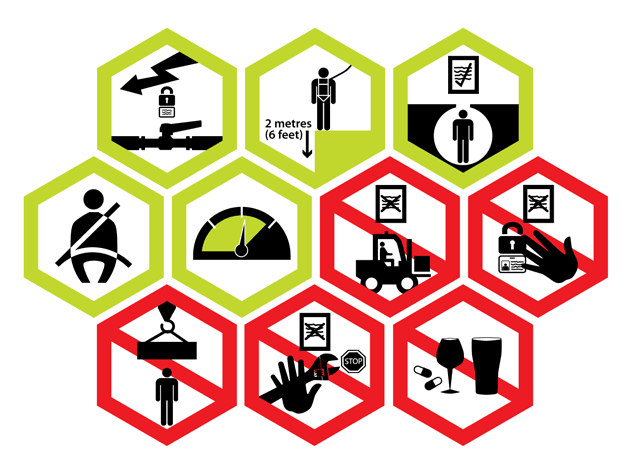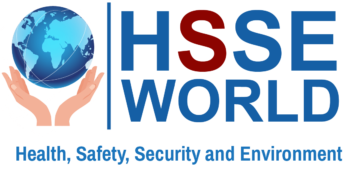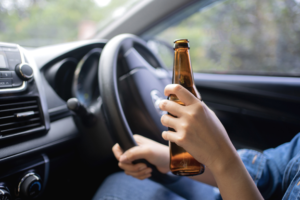What is the general safety Rules and apply to whom?
6 min readQ:What is the general safety Rules and apply to whom?
A: General Safety rules apply to everyone, visitors, maintenance, contractors, sales, auditors, administrative staff and others at all times while on the facility site.90% of all injuries are caused by unsafe acts, 10 % are caused by unsafe conditions. Practicing good safe behaviors and taking action on eliminating unsafe conditions are the best way to prevent injuries to yourself and fellow workers.
To insure the continuous successful operation certain rules and policies of the company must be observed by all employees.The purpose of these Rules and Regulations is to define and protect the rights of all employees and to insure cooperation. These rules do not attempt to set forth all of the standards of conduct for employees. Simply because certain conduct is not mentioned in these Rules does not mean that such conduct is proper or permitted. The company also reserved the right to change, add to or deter form these rules whenever it deems necessary.


VIOLATIONS OF THE FOLLOWING WILL RESULT IN IMMEDIATE DISCHARGE:
- Failure to shut down and lock out a machine before cleaning, oiling, repairing, or adjusting it.
- Using any machine or piece of equipment that has been locked out or tagged out.
- Operating any powered transport device or dolly without proper authorization and training.
- Failure to immediately report an accident involving a Company vehicle when any personal injury and/or property damage is involved.
- Provoking, pushing, or slapping in anger/or engaging in a fight with a fellow employee or others on Company premises, physical altercations will result in discharge.
- Providing false information on health histories or injury/illness reports.
- Tampering with or altering any safety device without proper authorization.
- Tossing or throwing knives of any kind anywhere on the company premises.
VIOLATIONS OF THE FOLLOWING WILL RESULT IN DISCIPLINE UP TO AND INCLUDING DISCHARGE:
- Operating any machine when all the safety devices and/or guards are not in place.
- Tampering with or using safety or emergency equipment such as fire extinguishers, eye wash station, self contained breathing devices, alarms, smoke detectors, or emergency exists.
VIOLATIONS OF THE FOLLOWING WILL RESULT IN PROGRESSIVE DISCIPLINE:
- Failure to report a work-related injury or illness of yours at once to your Supervisor or the Safety Department, no matter how minor.
- Medically treating your own or another worker’s work-related injury or illness, except in an emergency.
- Operating any machine without proper authorization and instruction.
- Starting machinery or operating valves, equipment or vehicles without knowing by personal investigation that it is safe to do so..
- Repairing any electrical apparatus or any machine or device, regardless of how minor the repair seems to be, when you are not an Electrician or a trained repair person.
- Failure to keep your working area and common areas such as break rooms, stairways, aisles and locker rooms clean and orderly at all times, including picking up after other employees.
- Wearing sunglasses, photogray, or any other kind or tinted lens glasses in any of the work areas of the company without proper authorization.
- Failure to properly wear all required safety apparel and equipment including various gloves, helmets or bump hats, safety glasses, steel-toes shoes or boots, knife pouches, arm guards, or scabbards, face shields and respirators, whenever you are working.
- Failure to properly have/use company approved earplugs, which must be attached to the back of the hat liner.
- Failure to wear sturdy leather work shoes, steel-toed safety shoes or steel-toed polyurethane boots, all of which must be in good condition and providing good traction, while working in the plant or operating a company truck.
- Wearing open-toed shoes or sandals, canvas type shoes, jogging or tennis shoes, nylon type snow boots, high heels, wrestling type shoes or any other unsafe footwear while working in the plant or operating a company truck.
- Wearing jewelry of any kind, other than medical alert devices, including watches, bracelets, chains, necklaces, earrings and nose rings, while in any of the plant areas. The only rings allowed in the plant will be wedding bands without stones. All other rings are prohibited.
- Riding on any moving lift or transport equipment that is not designed for a rider or a passenger.
- Lifting or pushing objects that may be too heavy for you without assistance.
- Using improper lifting techniques including not bending your knees.
- Pulling any product carts or other material handling devices without a piece of transport equipment or without proper authorization. If employees must push equipment that is heavy, he/she must have assistance.
- Entering any of the Maintenance shop areas located throughout the plant or the Plant Utilities working areas without proper authorization.
- Using hand or electric knives without wearing a mesh or whizzard knife glove on the opposite hand without proper authorization.
- Sharpening a knife using a steel or stone without a handle guard and not wearing a mesh or whizzard knife glove on the opposite hand.
- Leaving an unused knife lying in the open or walking with it in your hand without placing it in an approved pouch or scabbard.
- Using any unauthorized wood-handled knife or using any knife, other than a paring knife, without a slip guard at the front of the handle.
- Careless use of or handling of a knife.
- Failure to wear seat belts and/or not having approved licensing when driving company vehicles or while driving a personal vehicle on company business.
- Failure to handle chemicals safely and/or the improper use of the protective clothing and equipment needed to use each chemical safely.
- Failure to keep passageways, stairways, emergency exits and equipment such as electrical panel boxes, ammonia valves and fire extinguishers clear at all times.
- Bringing or using any kind of radio, including those with headsets, a television, or any other audio or video equipment on company premises without proper authorization.
- Unsafe driving, speeding or parking of any vehicle in the company parking lots and driveways.
- Standing pallets on end or leaving them or any other objects against a wall wherein they might tip or fall on any employee or others.
- Failure to immediately report an accident involving a company vehicle when any personal injury and/or property damage is involved.
- Failure to immediately report any hazardous condition or practice that you observe to your Supervisor, another company representative or the Human Resources Department.
- Committing unsafe acts anywhere on the company premises or in the use of company property, whether an accident occurred or there was a near miss.
- Failure to notify the Clinic, Safety or Human Resource Department of your taking of any prescription medication and/or working under the influence of a mind altering prescription drug, such as Tylenol 3.
- Loading an elevator above the elevator maximum load limit, which includes the sum of the weight of the product, any containers and equipment on the elevator plus any passengers’ body weight.
- Running anywhere on the company premises.
- Using company fire escapes at any time, unless it is for an emergency or emergency drill
- Using an untempered (180 degree) hot water source to clean items such as boots and aprons.
- Turning compressed air on yourself or anyone else.
- Wearing false fingernails while working in production areas.
- Conduct that results in, or is likely to result in, injury to an employee or others, such as recklessness, creation of hazards of fire, safety or health.
- Tampering with or using safety or emergency equipment such as fire extinguishers, eye wash stations, self-contained breathing devices, alarms, smoke detectors, or emergency exits.
- Reporting for work or working while in an unfit or unsafe condition or while under the influence of alcoholic beverages and/or mind-altering or illicit drugs.
- Smoking, except outside of the company building (on the ground level) or in designated smoking areas and then only during authorized break or lunch periods and before or after work.
43.Entering specified confined space without entry permit, not testing for atmospheric conditions that are immediately dangerous to life, not having an entry supervisor, attendant, and rescue at the ready.



